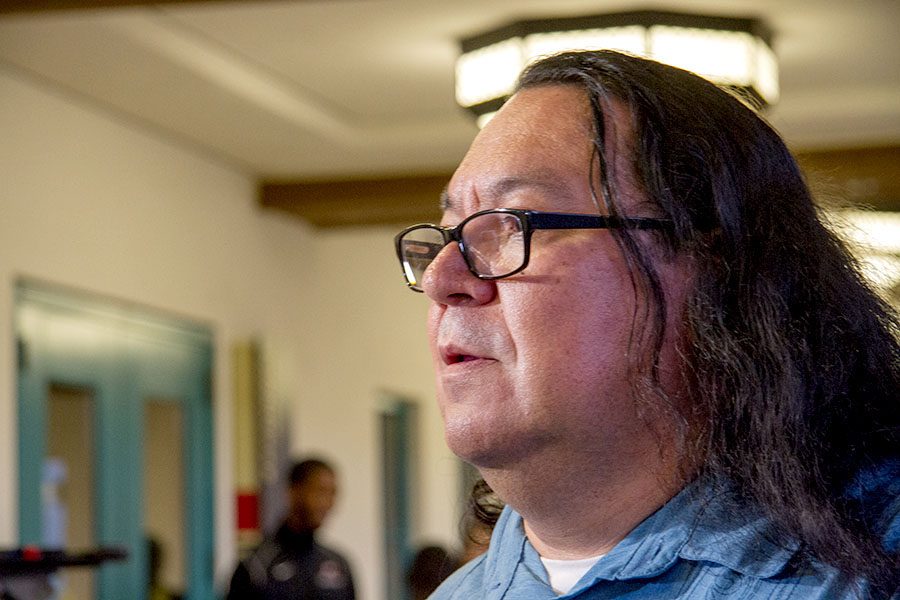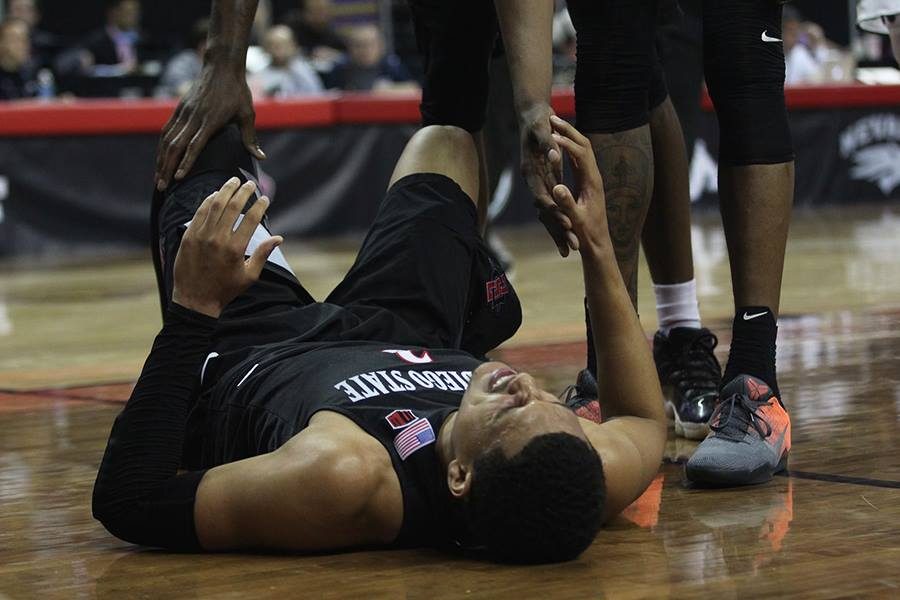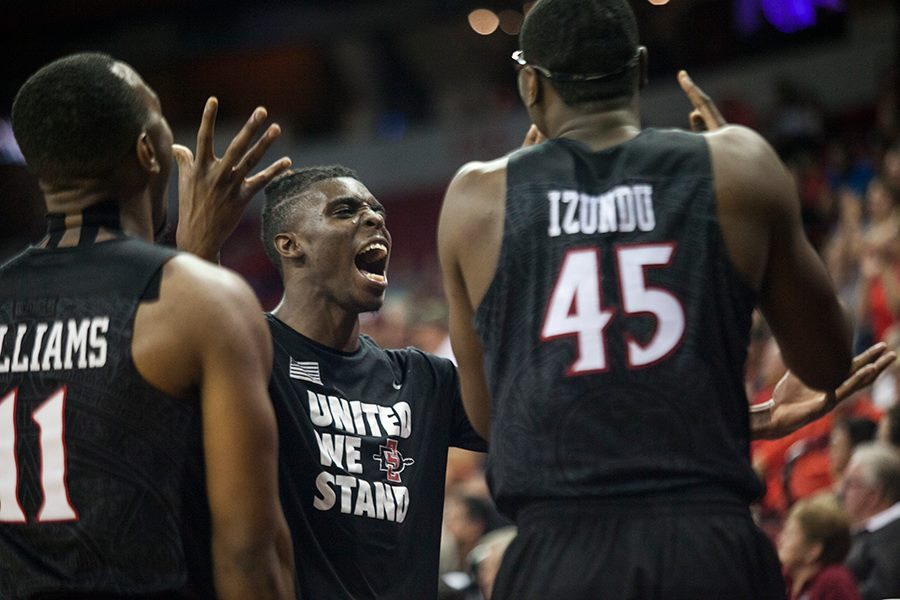San Diego State recently hosted public relations professional John Deveney at the Gold Auditorium in the Donald P. Shiley BioScience Center as part of the Center for Science and Media 2014 Colloquium Speaker Series.
The event, “Reputation Management in a Crisis: Lessons from the BP Oil Spill and Hurricane Katrina,” was held on Wednesday, Nov. 5.
Deveney, founder and president of Deveney Communication, won the 2013 PR News Firm of the Year award. He helped New Orleans and the tourism industry with public relations during Hurricane Katrina in 2005 and the British Petroleum Oil Spill in 2010. Deveney’s experience and work on these campaigns led him to win 2011 “Crisis Manager of the Year”.
“Tourism is the economic driver in Louisiana and these crises put the economy and people’s livelihood at risk,” Deveney said.
Deveney was the third speaker in the Colloquium Speaker Series. His talk on reputation management in a crisis explained how to elevate a brand despite disaster. Deveney said research-driven and outcome-oriented projects lead to success.
One of the components of his public relations program is to change common misperceptions in the public through media audits and content analysis. As an example, Deveney said approximately 55% of the nation thought the seafood from the Gulf and Louisiana was unsafe to eat. Deveney and his team had to show the public that even with the oil spill, the seafood was the safest consumer product at the time by providing testing to show it was not contaminated.
Deveney took what he learned from these two case studies, Katrina and the BP Oil Spill, to adapt and change strategy and tactics for future campaigns. His new PR strategy focused more on social media campaigning since it has become more popular.
“In 2005 during Hurricane Katrina, social media wasn’t the force that it was in 2010 during the BP Oil Spill,” Deveney said.
The talk included many tips to use when handling a crisis communication situation, including the “four K’s of crisis communication.” Deveney explained that the four “hard Ks” are quick, candid, context, and consistent. This means crisis communications should be timely, transparent to the public, relevant and accurate, he said.
Deveney said sharing information will lead to higher public knowledge about crises. He advised his audience to have “clear command, continuous communication, and collaboration with colleagues and the media.”
The SDSU Center for Science and Media, a collaboration between the School of Journalism and Media Studies, College of Professional Studies and Fine Arts, and the College of Sciences sponsored the talk.
“The SDSU Center for Science and Media was created to bridge the gap between science and media,” Interim Director for the School of Journalism & Media Studies Bey-Ling Sha said.
She said science reporting is often incorrect and hopes that this collaboration will hopefully work toward changing that.












